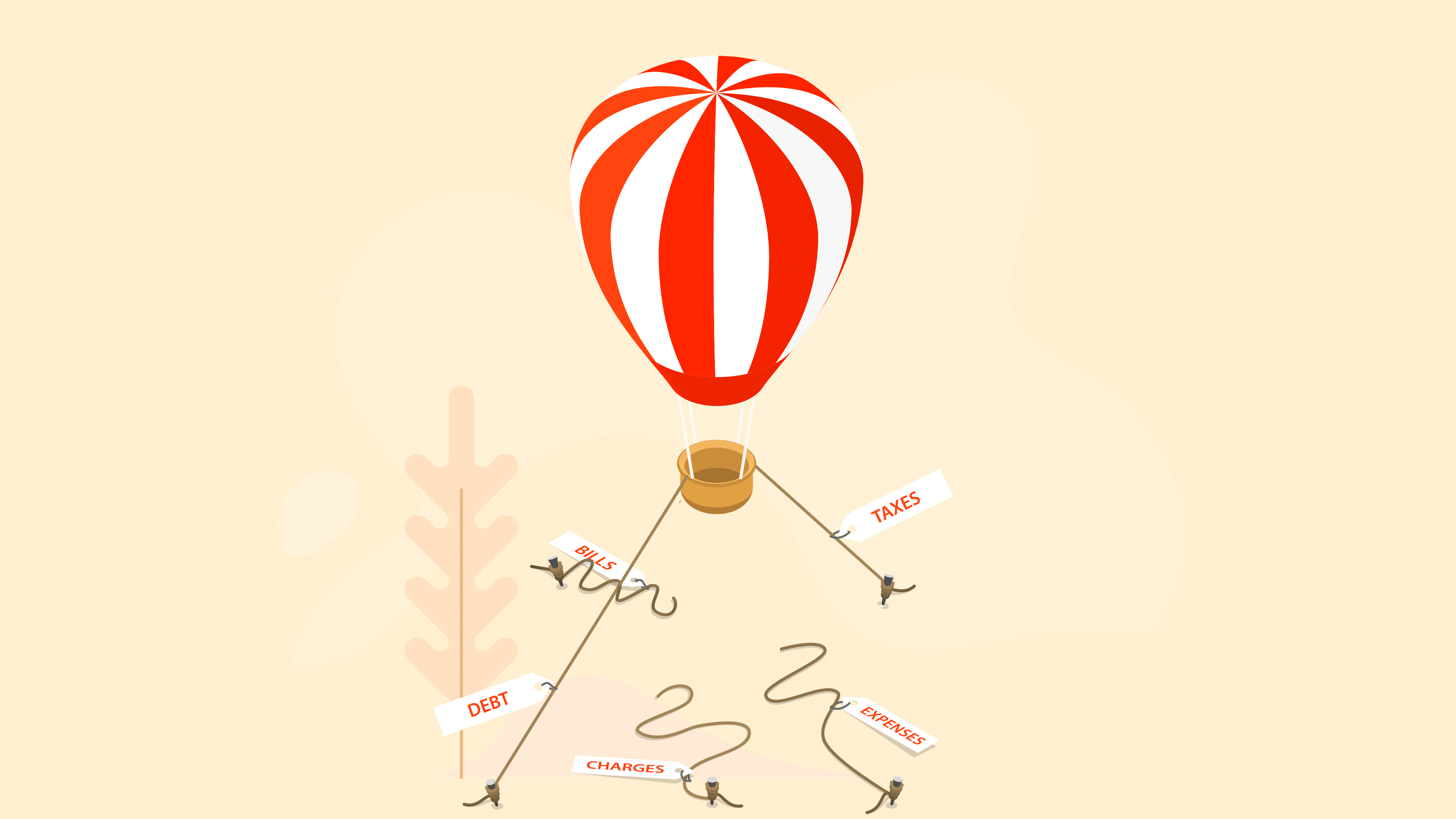Imagine waking up one morning and not worrying about debt collectors banging down your door or final notices arriving in the post. Or being able to go to work or the shops without debt casting a shadow over your life. For people burdened with debt, bankruptcy can make this dream a reality.
But bankruptcy should never be a spur-of-the-moment decision or viewed as an easy way out. It is a long, complicated process that can have consequences that extend well beyond your finances. Deciding on bankruptcy can be tough, but this guide is here to help.
Continue reading to discover how types of bankruptcy differ, how filing for bankruptcy works and whether bankruptcy is right for you.
An introduction to bankruptcy
Bankruptcy is a legal process that declares your inability to pay outstanding debts and helps you to settle them. It also gives you immediate relief from creditors and debt collectors.
There are three common forms of bankruptcy in the U.S—Chapter 7, Chapter 13, and Chapter 11. Each is different but all of them can give individuals a second chance.
Chapter 7 bankruptcy
Chapter 7 bankruptcy is the quickest and cheapest form of bankruptcy and the only way to discharge all debt. But it can only be used by individuals who pass a means test and who earn less than or equal to their state’s median income. Most of your assets will be seized and sold to cover outstanding balances at the start of the process, but you can file for exemptions on major items such as your home or your car. Exemptions vary between states but most set an upper limit on an item’s value over which the asset must be sold.
Chapter 7 exemptions can be a grey area, and it would be sensible to hire a bankruptcy lawyer to ensure you keep as many assets as possible. Most states will allow you to subtract outstanding loan amounts from the value of your asset, for example. So if you have a $400,000 house but still owe $200,000, it will fall under a $250,000 asset limit.
Chapter 13 Bankruptcy
Chapter 13 is the most common alternative for individuals who don’t pass the Chapter 7 means test. Unlike Chapter 7, you get to keep all of your assets, and you can stop your home from getting repossessed, but you must establish a payment plan to pay off the outstanding debt over a three to five year period. There are still qualifying criteria for Chapter 13 bankruptcy, however, which include having unsecured debt under $1,149,525 and secured debt under $383,175.
Strict rules govern what you must pay back and for what period. Secured debts (your mortgage), priority debts (child support, alimony, and taxes), and administrative fees must be paid in full. And unless you earn less than your state’s median income, you’ll be repaying debt for the full five years. Finally, total repayments over the grace period must total the value of your assets at a minimum. The good news is that any debts that remain after the grace period are discharged in full. Failure to adhere to these rules, however, can result in the loss of assets.
Chapter 11 Bankruptcy
Chapter 11 bankruptcy is typically used by small businesses, but it can also be used by individuals with debts exceeding Chapter 13’s limits. Both Chapter 11 and Chapter 13 see debtors pay back priority debts and a certain amount of unsecured debt over a five-year repayment plan. But with Chapter 11, there is no way to shorten the repayment period, regardless of how much you earn. Unfortunately, due to the complex nature of Chapter 11, it is the slowest and most expensive form of bankruptcy.
How does Filing for Bankruptcy Impact your Life?
Bankruptcy isn’t a silver bullet, and the process can have a significant impact on your life that goes far beyond financial implications. You can expect the following scenarios to happen if you file for bankruptcy:
Your credit score to plummet
Bankruptcy can stay on your credit report for ten years, and it will cause your score to drop by around 200 points. A lot of credit will be off limit as a result, and interest rates are likely to be extremely high when you eventually do get approved.
You won’t be able to buy a house in the near future
The impact on your credit score will make it impossible to get approved for a mortgage for at least five years.
You may struggle to find employment
Employers can perform credit checks, and they will see your bankruptcy. Private and public organizations aren’t allowed to discriminate against bankrupts, but many still do.
It can impact your relationships
Bankruptcy carries a certain stigma, and it can create friction between friends and loved ones. Financial stress is a major cause of divorce in particular.
If you aren’t ready to face these issues, bankruptcy may not be the right decision for you.
Is Bankruptcy right for you?
We hope this guide has helped you decide if bankruptcy is right for you. But if you still need advice, your first move should be to talk to a licensed credit counselor. This is a requirement under Chapter 7 bankruptcy, so you have nothing to lose, and they may even help you develop a repayment plan of your own.
If you are committed to moving forward, the next step is to contact a bankruptcy attorney. It is possible to represent yourself but the process is complicated, and you will save time, money and stress by hiring a lawyer.
